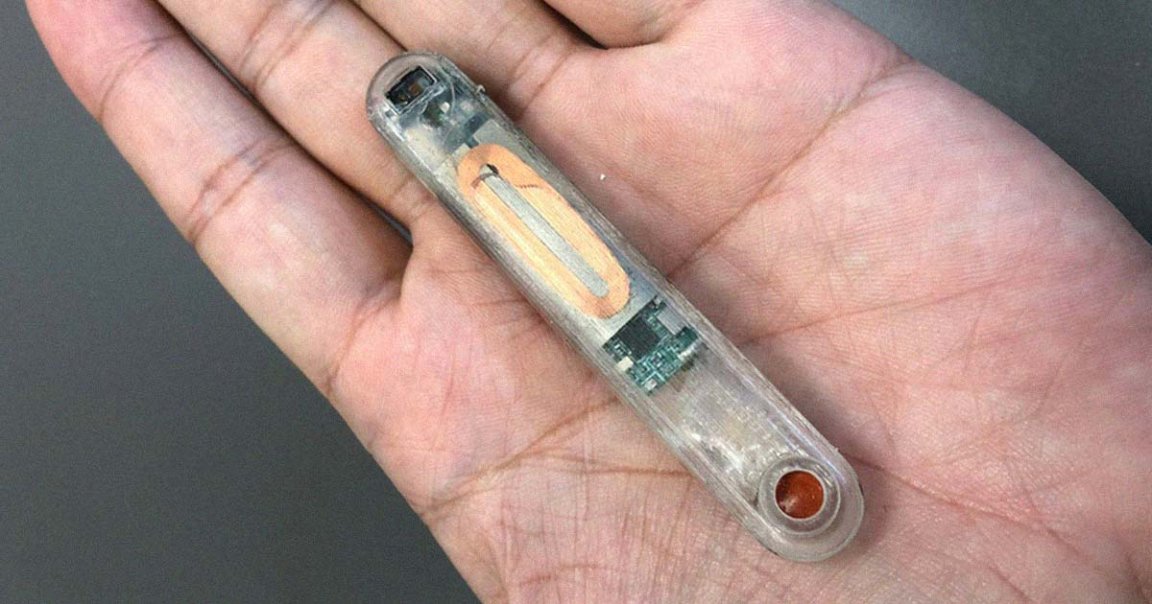
When a person overdoses on opioids, their life can hang in the balance unless someone quickly injects them with an effective antidote like the life-saving medication naloxone.
But sometimes, people don’t have access to naloxone, most commonly known as Narcan, or they don’t get it soon enough, a scenario that has prompted researchers to develop a clever implantable device that can detect the first signs of an overdose and then rapidly infuse naloxone into the bloodstream.
As detailed in a paper published in the journal Device, the researchers demonstrated the device’s effectiveness in a series of preclinical trials, detecting and reversing opioid overdoses in 24 out of 25 pigs.
If it makes the huge leap from the lab to becoming a viable commercial product, the implant could make a sizable dent in the more than 100,000 deaths related to drug overdoses in the US in 2022.
“In overdose cases where there is a bystander nearby, that individual can be rescued through either intramuscular or intranasal administration of naloxone, but you need that bystander,” said Giovanni Traverso, the study’s principal researcher and a biomedical expert at MIT, in a statement about the research. “We wanted to find a way for this to be done in an autonomous fashion.”
The device, small enough to be slipped under the skin, consists of sensors that track vital signs, a wirelessly rechargeable battery, and a reservoir for medication.
If a person starts exhibiting signs of an overdose, algorithms analyzing data from the sensors send an alert to the person’s smartphone. If they don’t cancel the alert, the implanted device shoots an infusion of naloxone into their tissue, acting in a “closed-loop” fashion, meaning that it can deliver the drug by itself.
“Beyond the closed loop, the device can also serve as an early detection or warning system that can help alert others — whether it be loved ones, healthcare professionals or emergency services — to the side of the person so that they can help intervene as well,” Traverso explained in the statement.
The study’s writers think people who have previously overdosed or are at high risk are the ideal patients for these implants.
They are now attempting to further optimize and miniaturize the device before testing it out on human subjects.
“This is only the first lab-based prototype, but even at this stage we’re seeing that this device has a lot of potential to help protect high-risk populations from what otherwise could be a lethal overdose,” said Traverso.
More on opioids: Doctors Are Getting Ready to Give Patients a Vaccine That Blocks Fentanyl’s Effects